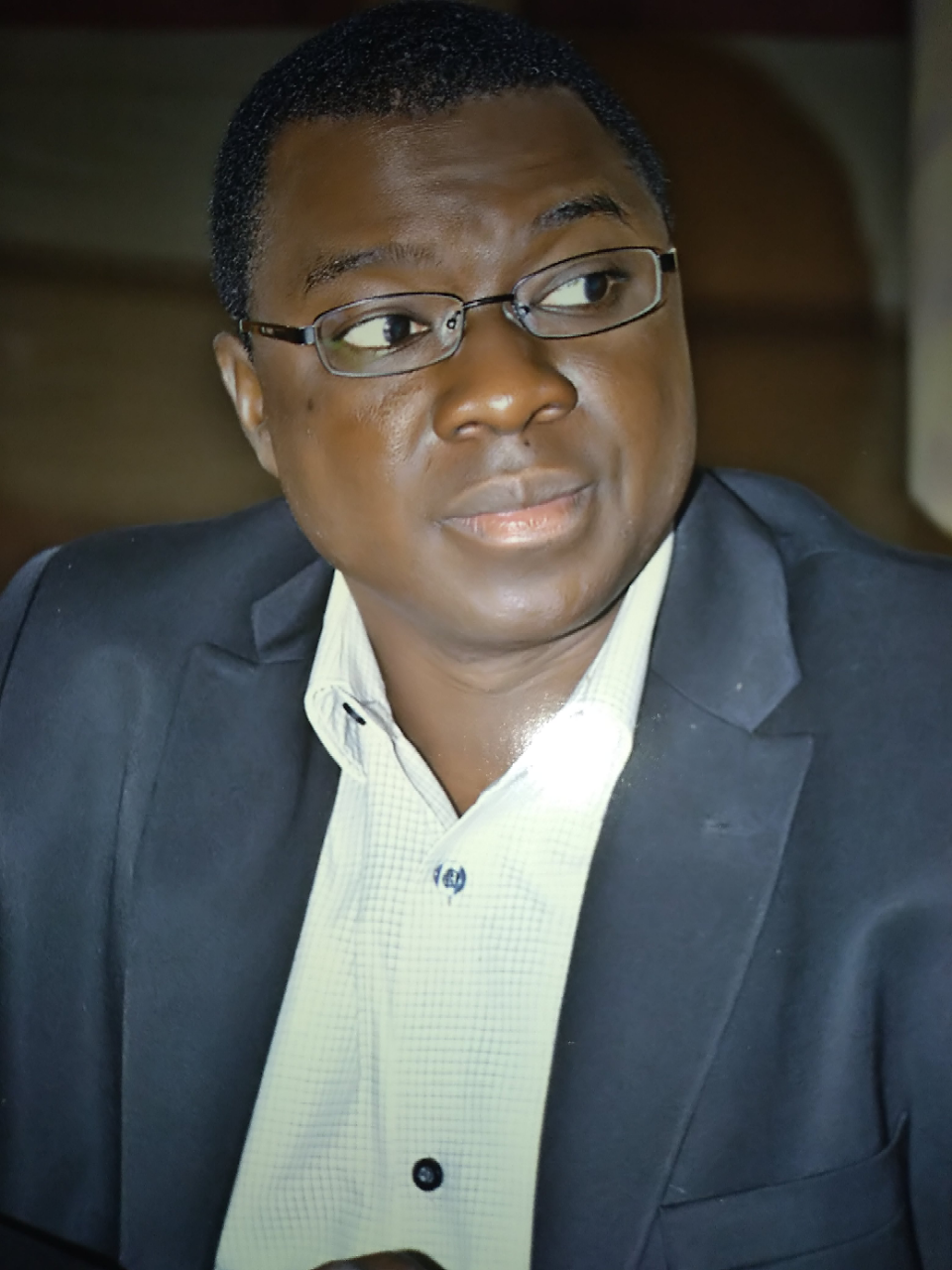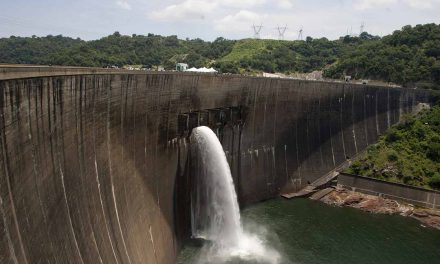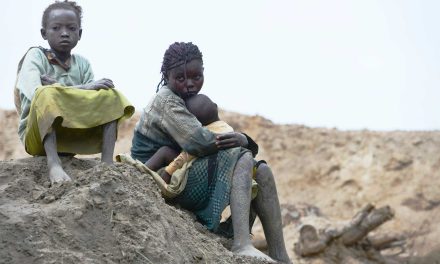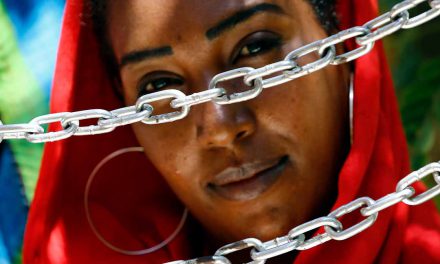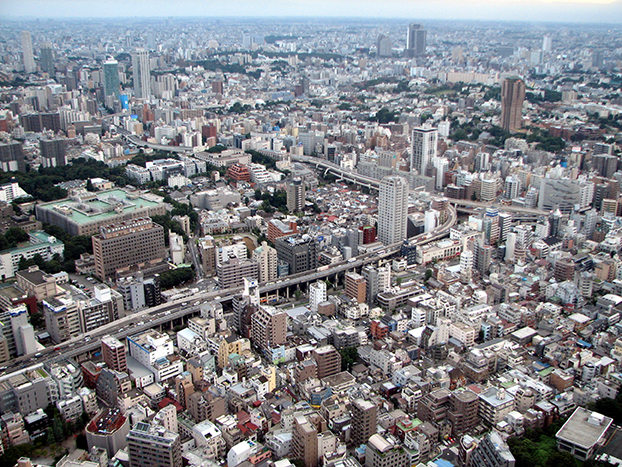Advocacy for a new vision of Africa-US relations
Most African countries gained independence in the early 1960s and have struggled to find their place in an international system where the most significant rules of the game were defined at the end of World War II without their having a voice. While Africa was a theatre of ideological war between the West and the East during the Cold War, today it is still a place of confrontation between the industrial powers, who compete fiercely for control of raw materials, materials the rest of the world increasingly depends on.
Joe Biden’s administration, which began work on January 20, 2021, should adjust the discourse and actions of the United States to take into account the reality of Africa’s strategic importance. It is time to recognise Africa as an opportunity and not as a problem or a burden. This implies the development of new relations between the US and Africa based not on assistance but on partnership.
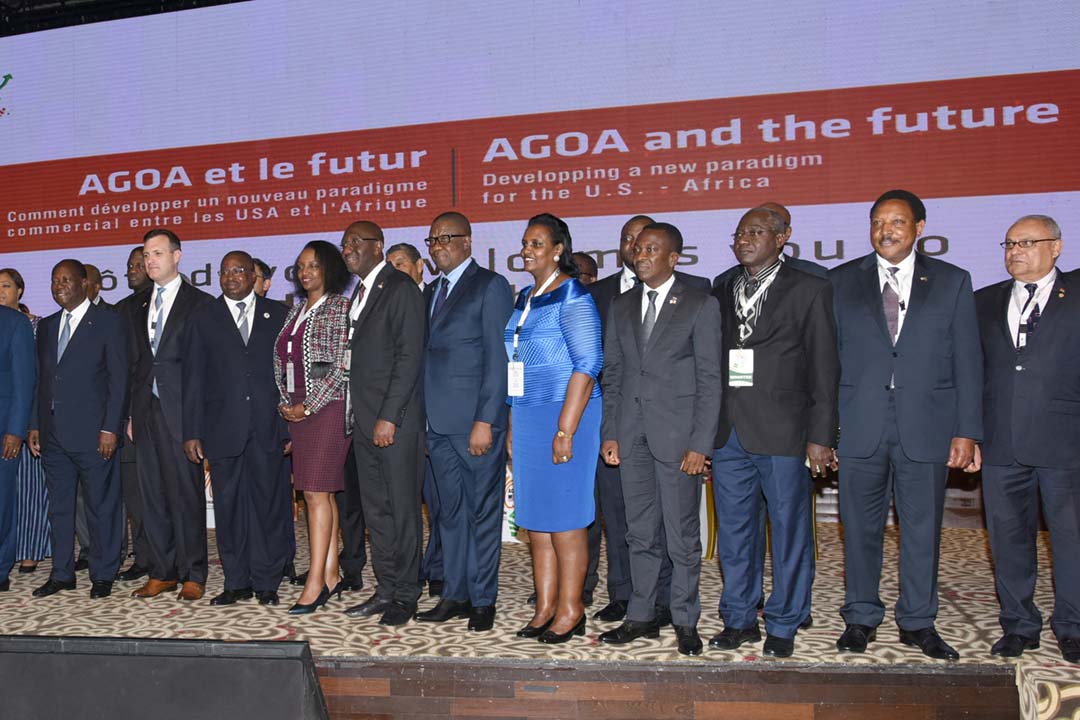
Ivory Coast’s President Alassane Ouattara (10L) poses with delegates and participants for a group photo during the opening ceremony of the 18th African Growth and Opportunity Act (AGOA) forum in Abidjan on August 5, 2019. (Photo by ISSOUF SANOGO / AFP)
Africa’s strategic importance has varied according to the international relations of each era. By the early 1960s, the end of colonisation and the independence of many African countries had increased Africa’s strategic importance. In that period of the Cold War, the US and the Soviet Union would strive, on the one hand, to ally the voices of these countries in intergovernmental organisations such as the United Nations and, on the other hand, to enlist them in their ideological camps. Although most African countries officially declared themselves non-aligned, they had more or less displayed ideological leanings towards one of the two superpowers. Meanwhile, former colonial powers such as France and the United Kingdom fought to retain their influence on the continent by establishing special ties with their former colonies.
In the early 1990s, with the dissolution of the Soviet Union and the end of the Cold War, Africa lost some of its geostrategic interest as other parts of the world attracted more attention. Some of the international aid previously provided to Africa was redirected to the former socialist countries of Eastern Europe. Similarly, already weak foreign investment declined in favour of Asia. Foreign powers stopped supporting dictatorial regimes, which, during the Cold War, had been considered allies. These powers and international organisations began to generate a new discourse on Africa based on democratisation, respect for human rights and good governance, all of which depended on international aid. Black Africa, as a whole, was thus obliged to take responsibility for its own future, forced, politically, to democratise and, economically, to liberalise.
The transition from one-party to multi-party regimes and the disengagement of the state from the socio-economic sphere through the privatisation of enterprises and public services would sometimes result in socio-political unrest and even civil wars, with the international community becoming a passive spectator. The Rwandan genocide of 1994, in which foreign powers refused to intervene, leaving Rwanda to its tragic fate, is characteristic of the rest of the world’s disinterest in Africa. This posture did not last long, however, since by the late 1990s, Africa had regained strategic importance, both for security and, above all, economic reasons.
The fight against terrorism, which has intensified since 2001, has increased Africa’s geopolitical importance in terms of security issues for the US and other world powers. The US is increasingly involved in working on security challenges on the African continent, whose insecurity, terrorism, internal conflicts, migration and maritime piracy, for example, are increasingly affecting it. The US established an Africa Command (AFRICOM) in 2008 to coordinate the many US military activities, bases and security programmes on the African continent.
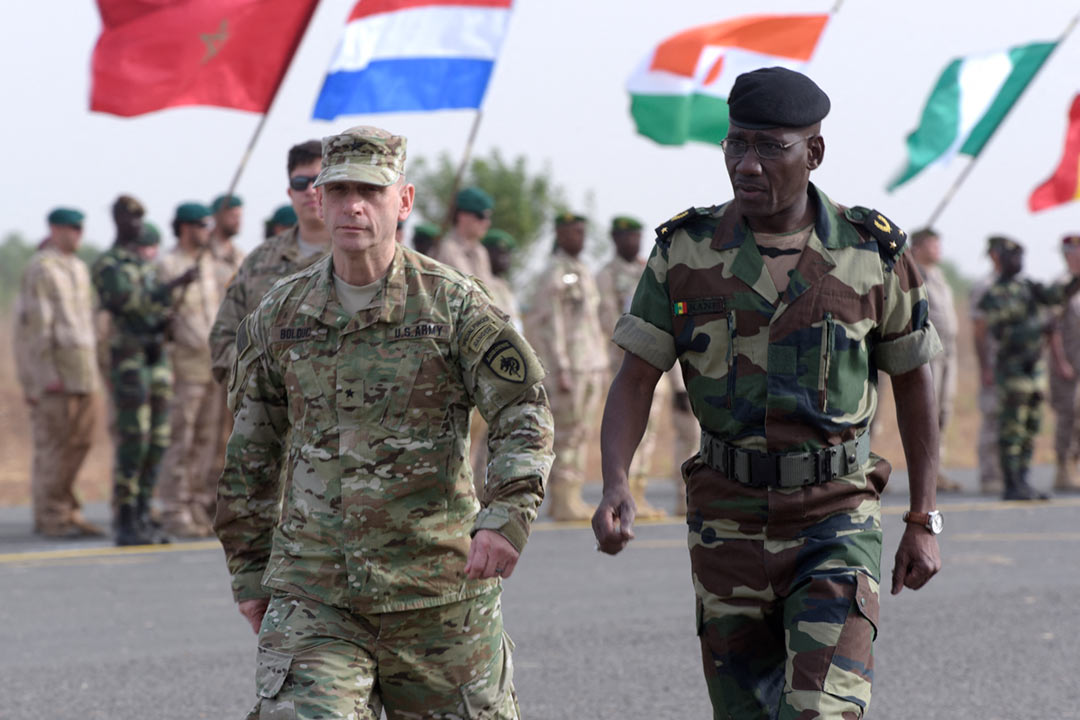
Senegal’s Army General Amadou Kane (R) walks with US Army General Donald Bolduc during the inauguration of a military base in Thies, 70 km from Dakar, on February 8, 2016 on the second day of a three-week joint military exercise between African, US and European troops, known as Flintlock. – Some 1,700 members of the special forces from nearly thirty countries from Africa, America and Europe, including France and Britain, are taking part in military exercises from February 8-29 according to AFRICOM, the military command of the USA for Africa. (Photo by SEYLLOU / AFP)
For a long time, the US was perceived as a key player in Africa’s development, and the continent had the sympathy of many beneficiaries. However, security issues have tended to impair development. The US’s approach to Africa today is to say that security and development are inseparable and that the path to development should pass through the achievement of security. This ‘securitisation’ of development is damaging for Africa, as security is used to qualify the pursuit of specific development initiatives or approaches, even at the expense of other considerations such as good governance, the protection of human rights, and meeting the basic needs of poor and vulnerable populations. Thus, development aid now tends to be put at the service, not of the development plans of African countries, but of the short-term objectives of American foreign policy, particularly the fight against terrorism.
Indeed, the securitisation of development aid suggests that the US sees African countries not as partners, but rather as a problem or even a threat. The US no longer sees development assistance to Africa as an end in itself, but as a way for the superpower to overcome its own global security concerns.
Such an approach to development through the security grid has a negative impact on development initiatives in Africa, for instead of sending technicians, engineers and other socio-economic development agents, the US sends more and more military personnel, or at least military equipment that will only increase the likelihood of violent confrontations. The Biden administration will therefore have to rethink the security development nexus for a better collaboration with Africa.
Africa has an immense supply of natural resources. “In the five continents of the world, Africa ranks first in terms of manganese, chromium, bauxite, gold, plutonium, cobalt, diamonds and phosphorus, second in copper, asbestos, uranium, graphite, and third in oil, gas, iron, titanium, nickel, mercury, tin, zinc, and precious stones,” notes Ali Rastbeen, a specialist in energy and geostrategic issues, and founder of the International Institute of Strategic Studies in France.
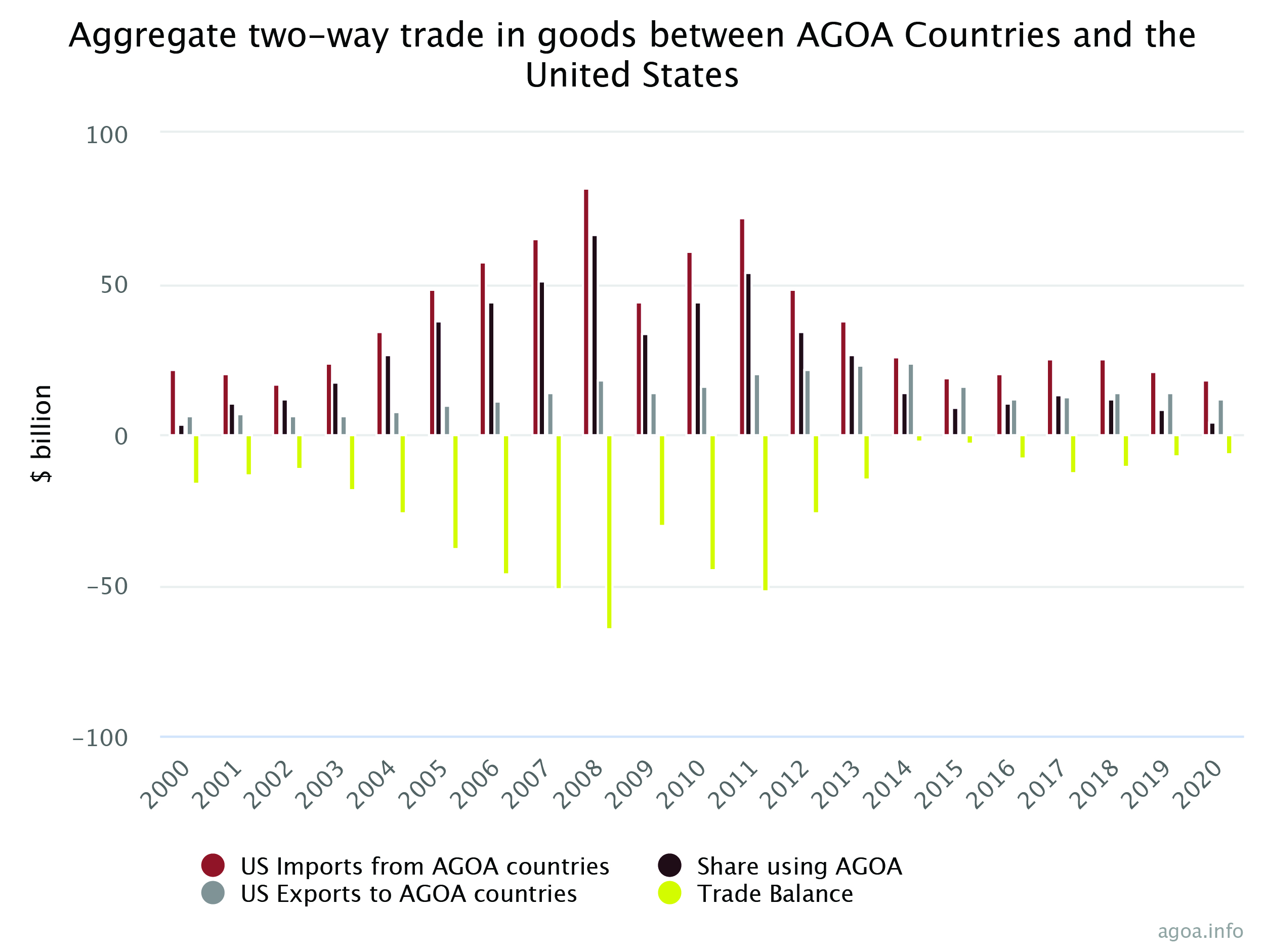
It is therefore necessary to put into perspective the discourse on the marginalisation of Africa, which is based on the fact that its contribution to world trade is minimal and is valued at less than 3% of the volume of world trade, according to the 2019 Report of the World Trade Organization. This small percentage is mainly due to the deterioration in the terms of trade. Philippe Hugon, a researcher at the National Centre for Scientific Research in Paris, gives an illuminating example. He says that a pair of Nike shoes which sells for $70 costs the producer $15 (of which only $3 go to the workers), $17 for advertising costs in the north and $35 in commercial margins. Without an adjustment in the terms of trade, the continent’s contribution to world trade will remain marginal. This marginalisation does not mean global disinterest or global quarantine; on the contrary, we can speak of a real increasing dependence of industrialised countries on Africa in terms of the supply of raw materials. The call for fair trade towards Africa should be an imperative for industrialised countries such as the US.
It is, therefore, necessary for the Biden administration to adjust trade relations with Africa so that Africa’s trade in raw materials can be a source of development, not impoverishment.
In addition, rapid economic growth in emerging countries such as China, India and Brazil has led to higher commodity price inflation. The entry of these new industrial powers, and in particular China, shakes up the positions of dominance of the American and European powers on the African continent. At the same time, the US has stepped up its trade offensive in Africa, particularly with regard to oil, in order to reduce its energy dependence on Middle Eastern countries. All of this has transformed the African continent into a new field of rivalry between the industrial powers, at the expense of the African people. Instead of engaging in this game of rivalries between industrial powers, the Biden administration could instead help rebalance trade relations in favour of African countries, which do not ask for charity but a fair price for their raw materials.
Although Africa has a strong presence in multilateral organisations, its capacity for influence is limited by the rules of the game, which have often been defined by the great powers. It should be noted that by the time most African countries gained independence in the early 1960s, the Bretton Woods international financial institutions (the International Monetary Fund and the World Bank) had already been established in 1944, and the United Nations in 1945. Africa’s place is no better in subsequent organisations, as these are often power relations that tend to assign to Africa an extra role.
The Biden administration could support the reforms that African countries are asking for in major international organisations such as the UN Security Council, the Bretton Woods institutions, the World Trade Organization, etc. This is not a favour to be shown to Africa but a recognition of its rights.
The Biden administration could help establish new relations with Africa by restoring its complexity and importance in world trade. Indeed, Africa is often seen as a country, or even a large village that is almost homogeneous throughout the continent. This semantic violence projects onto the international scene a figure of Africa without relief and devoid of any complexity, leading to undue generalisations: what happens in one African country is easily generalised to all of Africa. This is the case with war, famine, poverty, pandemics, and a host of evils that suggest that Africa belongs to a world different from the rest of humanity. This semantic violence is present even in academic circles. Many academics who have researched in Africa have few qualms about presenting themselves as ‘Africa specialists’ although their research has focused only on one African country, and yet they are usually well received in scholarly circles. Indeed, few researchers renounce the title of ‘specialist of Africa’ in favour of the more humble and honest ‘specialist of an African country’. But no one would claim to be a ‘specialist on the American continent’ after research, for example, in only Haiti, Bolivia or Canada.
Thus, various aid programmes are designed by so-called African specialists, and they ultimately prove to be of little benefit to Africa, if not destructive. It is important that the Biden administration listens more attentively to African experts in the design of programmes for Africa.
All in all, the new Biden administration is raising hopes after Donald Trump, who did not deign to even visit Africa. But it is important that relations between Africa and the US become relationships of partnership and not just assistance. The US has much to receive from Africa. But more equitable agreements are needed, free of prejudice, so that Africa and the US can discover the mutual benefits of their collaboration.
Arsène Brice Bado PhD, is the Vice-President for Academic Affairs at CERAP/Université Jésuite in Abidjan, Côte d’Ivoire. He is a 2018 recipient of the SSRC’s APN Individual Research Grant, and a 2019 recipient of the SSRC’s APN Book Manuscript Completion Fellowship. Prior to his time at CERAP, Bado was a Southern Voices Network (SVN) Scholar at the Woodrow Wilson International Center for Scholars in Washington, DC, in 2015. He was also a visiting researcher at Yale University during the 2014-2015 academic year. Arsène was the 2017-2018 Anna and Donald Waite Endowed Chair at Creighton University in Omaha. His research interests include democracy, ethnic pluralism, conflict analysis, forced migration, electoral processes in conflict ridden societies, and foreign aid in Africa. His publications have appeared in the Journal of International Migration and Integration, Mediterranean Politics, Revue Études, Revue Relations, Débats-Courrier d’Afrique de l’Ouest, and La Civiltà Cattolica. In addition, he has contributed chapters to several books; in 2015 he edited a book titled Dynamiques des guerres civiles en Afrique: Une approche holiste, Paris: L’Harmattan. He is the author of Dignity across Borders: Forced Migration and Christian Social Ethics, Denver (Colorado): Outskirts Press, 2010. He obtained his PhD in political science from Laval University in Canada in 2016.

